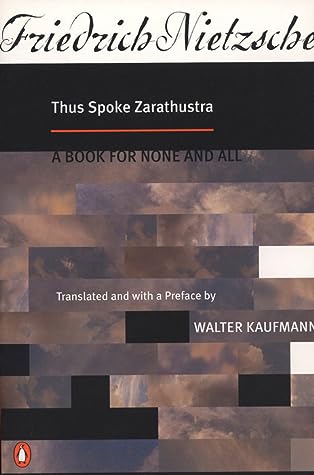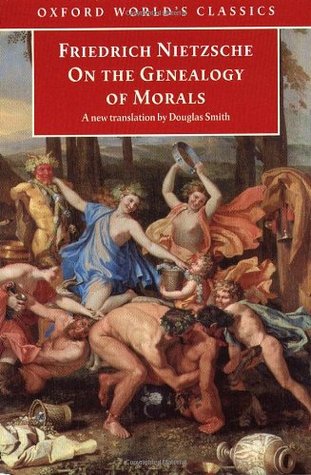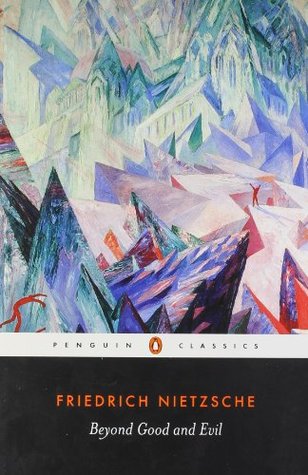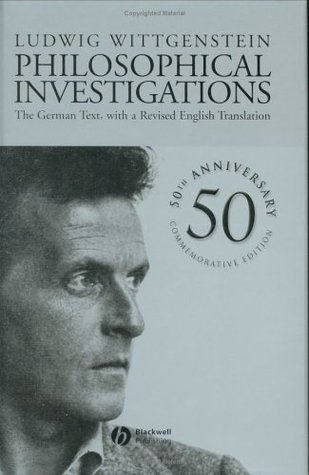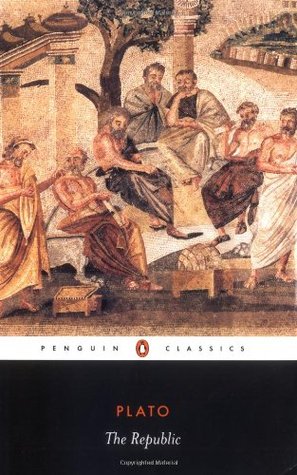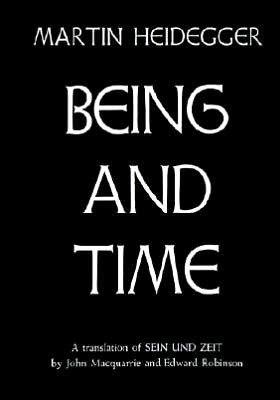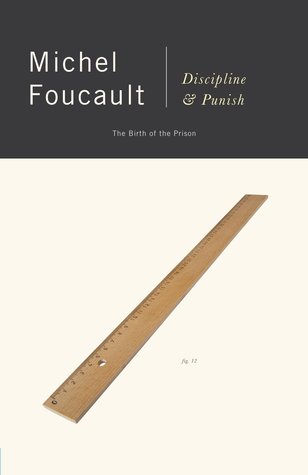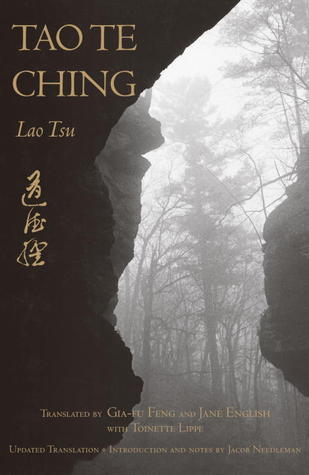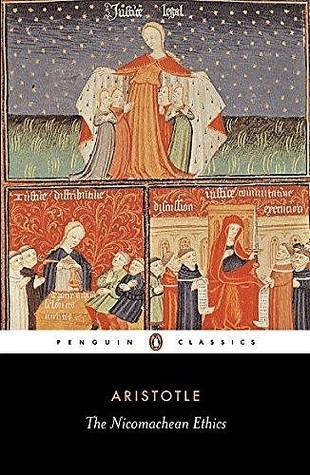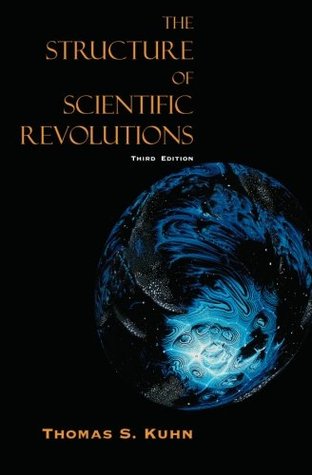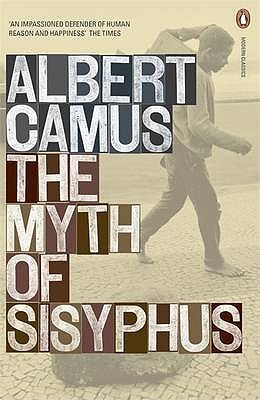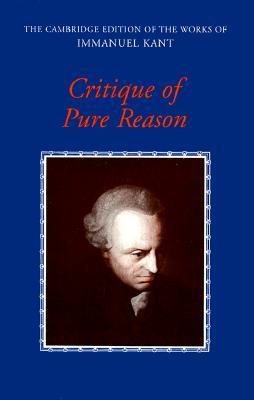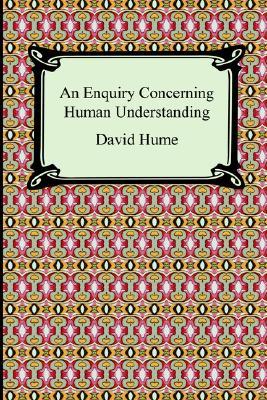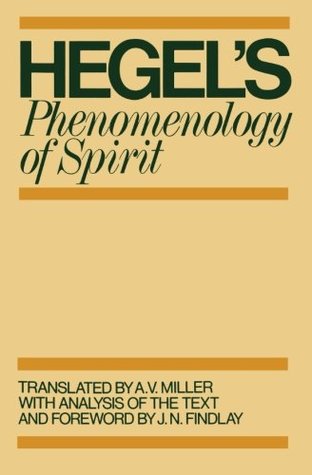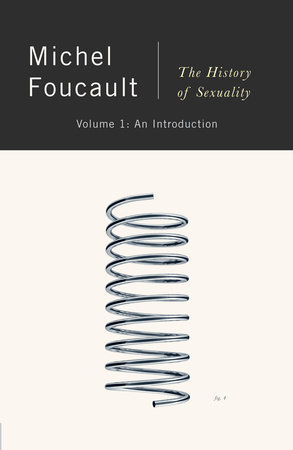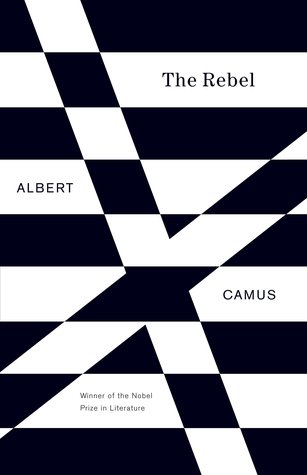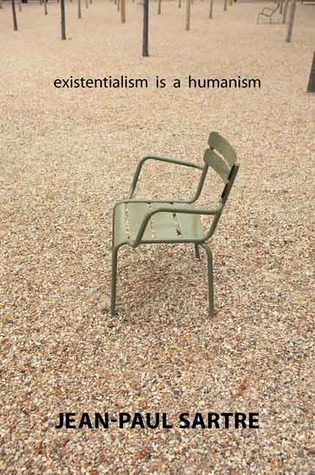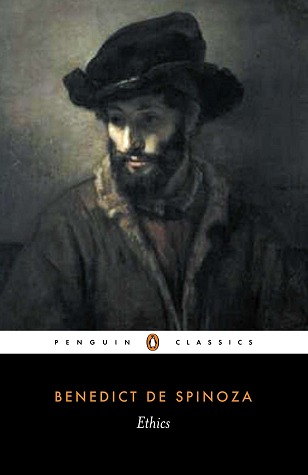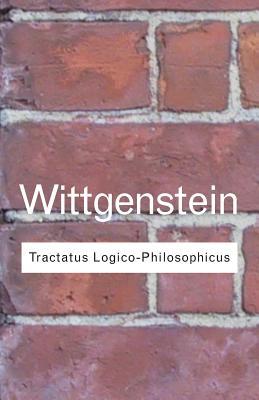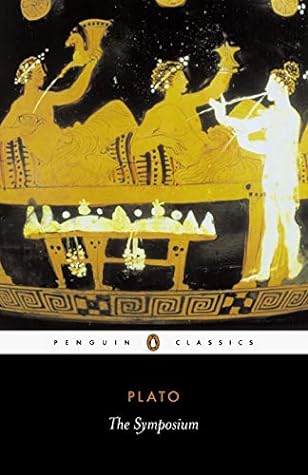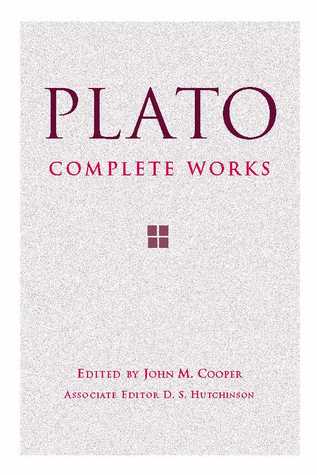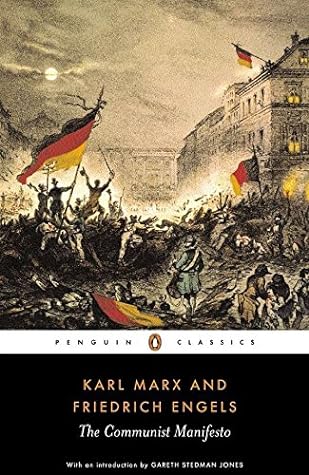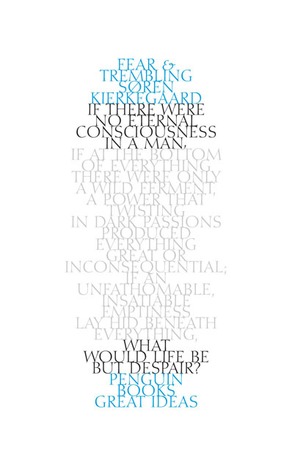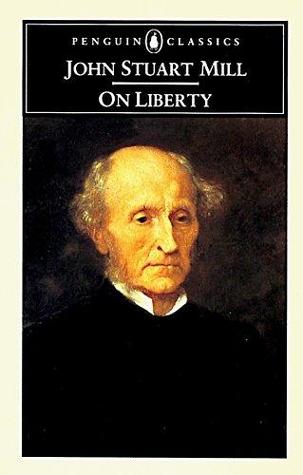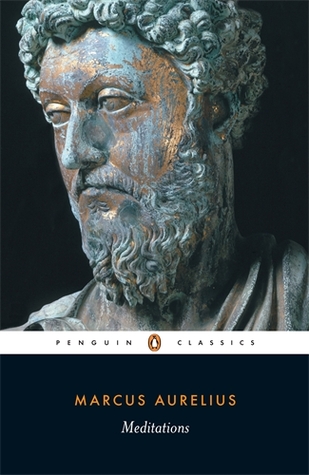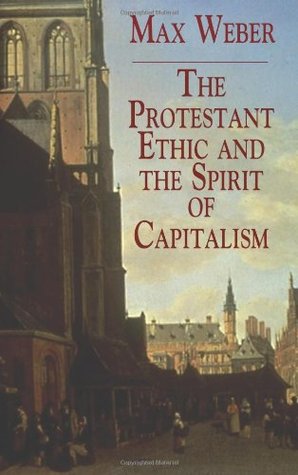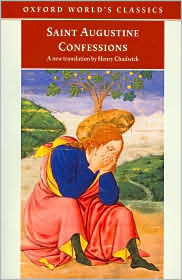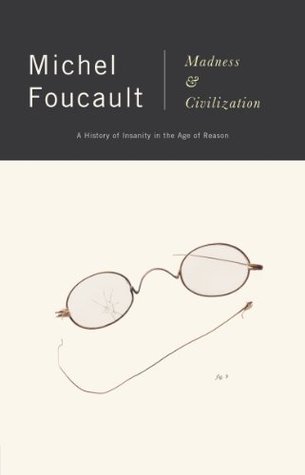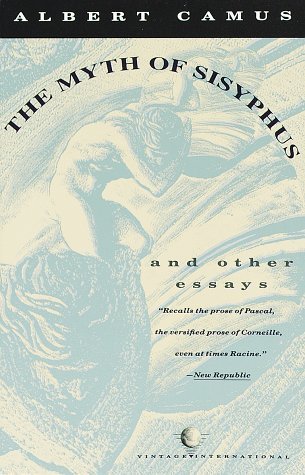Powered by a book like {foo}
Recommendations based on The Gay Scienceby Friedrich Nietzsche
* statistically, based on millions of data-points provided by fellow humans
Thus Spoke Zarathustra
by Friedrich Nietzsche
A philosophical treatise exploring morality, religion, and the meaning of life.
On the Genealogy of Morals
by Friedrich Nietzsche
Exploration of morality, power, and the origin of human values.
On the Genealogy of Morals (1887) is a book about the history of ethics and about interpretation. Nietzsche rewrites the former as a history of cruelty, exposing the central values of the ... (Goodreads)
Beyond Good and Evil
by Friedrich Nietzsche
A philosophical exploration of morality and truth, challenging conventional morality and religious beliefs.
Friedrich Nietzsche's Beyond Good and Evil is translated from the German by R.J. Hollingdale with an introduction by Michael Tanner in Penguin Classics. Beyond Good and Evil confirmed Nietzsche's ... (Goodreads)
Philosophical Investigations
by Ludwig Wittgenstein
Wittgenstein's exploration of language and meaning, challenging traditional philosophical concepts and proposing new ways of understanding language games.
Philosophical Investigations, ( German : Philosophische Untersuchungen ) is a work by the philosopher Ludwig Wittgenstein . The book was published posthumously in 1953. Wittgenstein discusses ... (Wikipedia)
The Republic
by Plato
A philosophical discourse on justice, examining morality, politics, and virtue.
Presented in the form of a dialogue between Socrates and three different interlocutors, this classic text is an enquiry into the notion of a perfect community and the ideal individual within it. ... (Goodreads)
Being and Time
by Martin Heidegger
Exploration of the basic questions of existence, re-examining the fundamentals of philosophy.
One of the most important philosophical works of our time, a work that has had tremendous influence on philosophy, literature, and psychology, and has literally changed the intellectual map of the ... (Goodreads)
Discipline and Punish: The Birth of the Prison
by Michel Foucault
Examines the emergence of the modern prison system and its effects on society.
Librarian note: an alternate cover for this edition can be found, here,. Barely two hundred and fifty years ago a man condemned of attempting to assassinate the King of France was drawn and quartered ... (Goodreads)
Tao Te Ching
by Lao Tzu
A collection of wise sayings and reflections on the nature of existence.
A lucid translation of the well-known Taoist classic by a leading scholar-now in a Shambhala Pocket Library edition. Written more than two thousand years ago, the Tao Teh Ching , or -The Classic of ... (Goodreads)
The Nicomachean Ethics
by Aristotle
An exploration of virtue and morality, providing guidance on how to live a good life.
‘One swallow does not make a summer; neither does one day. Similarly neither can one day, or a brief space of time, make a man blessed and happy’ In the Nicomachean Ethics , Aristotle sets out to ... (Goodreads)
The Structure of Scientific Revolutions
by Thomas S. Kuhn
An analysis of how scientific progress is made, and the role of paradigms and paradigmatic shifts.
A good book may have the power to change the way we see the world, but a great book actually becomes part of our daily consciousness, pervading our thinking to the point that we take it for granted, ... (Goodreads)
The Myth of Sisyphus
by Albert Camus
An essay on understanding the absurdity of life, and realizing there is meaning in even the most mundane tasks.
Throughout history, some books have changed the world. They have transformed the way we see ourselves—and each other. They have inspired debate, dissent, war and revolution. They have enlightened, ... (Goodreads)
Critique of Pure Reason
by Immanuel Kant
Exploration of the limits of human reason and its limitations in understanding nature.
'The purpose of this critique of pure speculative reason consists in the attempt to change the old procedure of metaphysics and to bring about a complete revolution', Kant's Critique of Pure Reason ... (Goodreads)
An Enquiry Concerning Human Understanding
by David Hume
Analysis of the nature of human understanding, challenging existing philosophical and religious beliefs.
An Enquiry Concerning Human Understanding, is a book by the Scottish empiricist philosopher David Hume , published in English in 1748. , It was a revision of an earlier effort, Hume's A Treatise of ... (Wikipedia)
Phenomenology of Spirit
by Georg Wilhelm Friedrich Hegel
An exploration of the relationship between mind and world, and the nature of knowledge.
Perhaps one of the most revolutionary works of philosophy ever presented, The Phenomenology of Spirit is Hegel's 1807 work that is in numerous ways extraordinary. It begins with a Preface, created ... (Goodreads)
The History of Sexuality, Volume 1: An Introduction
by Michel Foucault
Examination of the power dynamics and social constructions of sexual behavior.
Michel Foucault offers an iconoclastic exploration of why we feel compelled to continually analyze and discuss sex, and of the social and mental mechanisms of power that cause us to direct the ... (Goodreads)
The Rebel
by Albert Camus
Philosophical meditation on the individual's search for meaning in an absurd world.
By one of the most profoundly influential thinkers of our century, The Rebel is a classic essay on revolution. For Albert Camus, the urge to revolt is one of the "essential dimensions" of human ... (Goodreads)
Existentialism is a Humanism
by Jean-Paul Sartre
A philosophical exploration of the human condition, and the implications of freedom and responsibility.
It was to correct common misconceptions about his thought that Jean-Paul Sartre, the most dominent European intellectual of the post-World War II decades, accepted an invitation to speak on October ... (Goodreads)
Ethics
by Baruch Spinoza
Exploration of morality and the laws of nature, framed in a rationalist argument.
Published shortly after his death, the Ethics is undoubtedly Spinoza's greatest work - an elegant, fully cohesive cosmology derived from first principles, providing a coherent picture of reality, and ... (Goodreads)
Tractatus Logico-Philosophicus
by Ludwig Wittgenstein
A philosophical treatise on language, logic, and the limits of human understanding.
Perhaps the most important work of philosophy written in the twentieth century, Tractatus Logico-Philosophicus was the only philosophical work that Ludwig Wittgenstein published during his life. ... (Goodreads)
The Symposium
by Plato
A philosophical dialogue among ancient Greeks about the nature of love.
A fascinating discussion on sex, gender, and human instincts, as relevant today as ever. In the course of a lively drinking party, a group of Athenian intellectuals exchange views on eros, or desire. ... (Goodreads)
Plato: Complete Works
by Plato
Collection of ancient Greek philosopher Plato's dialogues, discussing morality, knowledge and truth.
Outstanding translations by leading contemporary scholars–many commissioned especially for this volume--are presented here in the first single edition to include the entire surviving corpus of works ... (Barnes & Noble)
The Prince
by Niccolò Machiavelli
A timeless political treatise on the art of acquiring and maintaining power.
Machiavelli needs to be looked at as he really was. Hence: Can Machiavelli, who makes the following observations, be Machiavellian as we understand the disparaging term? 1. So it is that to know the ... (Goodreads)
The Communist Manifesto
by Karl Marx
A treatise on the fundamental principles of communism, and its role in society.
A rousing call to arms whose influence is still felt today Originally published on the eve of the 1848 European revolutions, The Communist Manifesto is a condensed and incisive account of the ... (Goodreads)
Fear and Trembling
by Søren Kierkegaard
Philosophical essay exploring the importance of faith, and the human struggle for faith.
Soren Kierkegaard was a Danish philosopher, theologian, and religious author interested in human psychology. He is regarded as a leading pioneer of existentialism and one of the greatest philosophers ... (Goodreads)
On Liberty
by John Stuart Mill
Exploration of freedom of thought and expression, and the importance of individual rights.
Alternate cover edition of ISBN 9780140432077 Published in 1859, John Stuart Mill's On Liberty presented one of the most eloquent defenses of individual freedom in nineteenth-century social and ... (Goodreads)
Meditations
by Marcus Aurelius
Reflections on Stoic philosophy, exploring the nature of existence and how to live life.
Written in Greek by the only Roman emperor who was also a philosopher, without any intention of publication, the Meditations of Marcus Aurelius offer a remarkable series of challenging spiritual ... (Goodreads)
The Protestant Ethic and the Spirit of Capitalism
by Max Weber
Examines the relationship between Protestantism and the rise of capitalism, arguing that religious beliefs influenced economic behavior.
The Protestant ethic — a moral code stressing hard work, rigorous self-discipline, and the organization of one's life in the service of God — was made famous by sociologist and political economist ... (Goodreads)
Confessions
by Augustine of Hippo
A spiritual autobiography tracing Augustine's journey from youthful excess to Christian faith.
Augustine's Confessions is one of the most influential and most innovative works of Latin literature. Written in the author's early forties in the last years of the fourth century A.D. and during his ... (Goodreads)
Madness and Civilization: A History of Insanity in the Age of Reason
by Michel Foucault
Examination of the changing attitudes towards mental illness over time and the implications of social control.
Librarian note: an alternate cover for this edition can be found, here,. Michel Foucault examines the archeology of madness in the West from 1500 to 1800 – from the late Middle Ages, when insanity ... (Goodreads)
The Myth of Sisyphus and Other Essays
by Albert Camus
Philosophical essays on the absurd human condition, questioning the value of life.
One of the most influential works of this century, this is a crucial exposition of existentialist thought. Influenced by works such as Don Juan, and the novels of Kafka, these essays begin with a ... (Goodreads)
